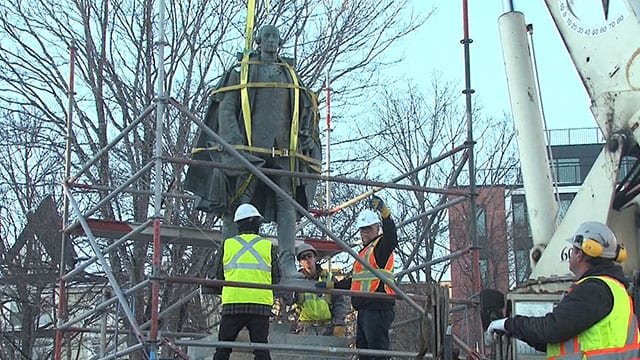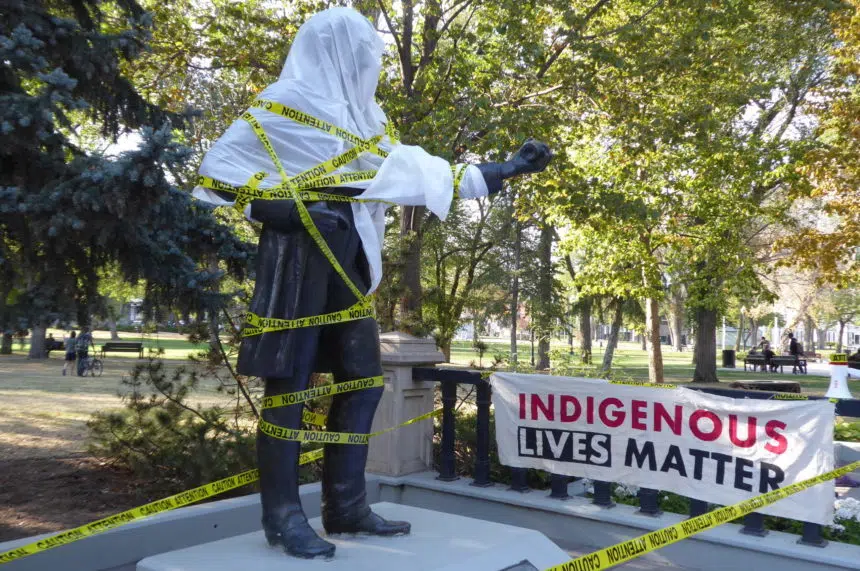
There is a church bell which has been ringing out over a German village Herxheim Am Berg a variety of occasions for more than 80 years and is now at the centre of controversy. It was installed in 1934 and it inscribed with the words“Everything for the Fatherland — Adolf Hitler, ” as well as a swastika. The swastika is actually an ancient symbol but was adopted by the Nazis and became synonymous with hatred and a war of domination which killed millions, including six million Jews.
Some in the small aging congregation have always known about the bell and one member recalls writing an essay about it's installation as a child. The community has been aware as well, and there have been no attempts to hide its existence. There were a couple of dozen more communities across Germany with similar bells. They removed them when they realized they were in their church towers but this congregation and village is resisting removing their bell despite the outcry about it. The organist did quit in protest, Jewish organizations have spoken out, and the church council has agreed not to ring it. But some feel that it is historical and should remain.

Cornwallis Statue, Halifax
Increasingly communities are asking what they should do about memorials to those whose importance is marred by acts of racism and violence. Statues of Confederate Civil War figures are being removed in cities in the States, although not without protest. In Halifax, Nova Scotia the name of Edward Cornwallis, the founder of the city, was removed from the middle school our two daughters attended and his statue taken down because he was also the author of genocide against Aboriginal people. Now there are questions about the name on just about everything of Canada's first Prime Minister, Sir John A. MacDonald, due to his role in the development of Residential Schools and efforts to starve out First Nations and Metis peoples in the West.
The conversations about these figures and how to remember them is important, as is the debate about the Nazi bell and other memorials. We can't change history, and some claim that what is happening is revisionist and an over-reaction. It is important, it seems to me, to ask what we want to remember publicly and who we choose to honour. There are no more statues of Saddam Hussein in Baghdad, and surely that is the right thing.
What happens in churches is arguably even more important in these days when hatred and xenophobia and aggressive nationalism are on the rise. In the United States some brave Christian leaders are asking why the national flag is prominently displayed in church sanctuaries when their allegiance is first and foremost to Christ and there is supposedly a separation of church and state.
What do you think about this? Is it important to enter into these discussions, and, more importantly, to take action?

MacDonald Statue, Victoria
1 comment:
'Those who do not learn history are doomed to repeat it.' - George Santayana
The early to mid 1900's was a scary time on our planet. Coming through the Iron Age, the Depression and other various multi-national life changing events. Our species was coming of age. Learning about one another, and seeing that people were indeed different. All the while, technology was slowly shrinking our blue marble.
We cannot forget our past. Especially the painful components of it. We cannot allow revisionists to erase the horrible things that have happened to 'us'. While, I'm not saying enshrine the deeds of the Nazis. What I am saying, is document, document, document. Keep detailed records of what happened. UNDERSTAND, how we got to that dark place. Why we did what we did. Only then, can we rise above the bigotry, racism, hatred and our own base humanity.
This may look familiar... A new commandment I give unto you, That ye love one another; as I have loved you, that ye also love one another.
We have been fighting our base humanity since time began. We need to rise above it all. We can all do better.
Post a Comment